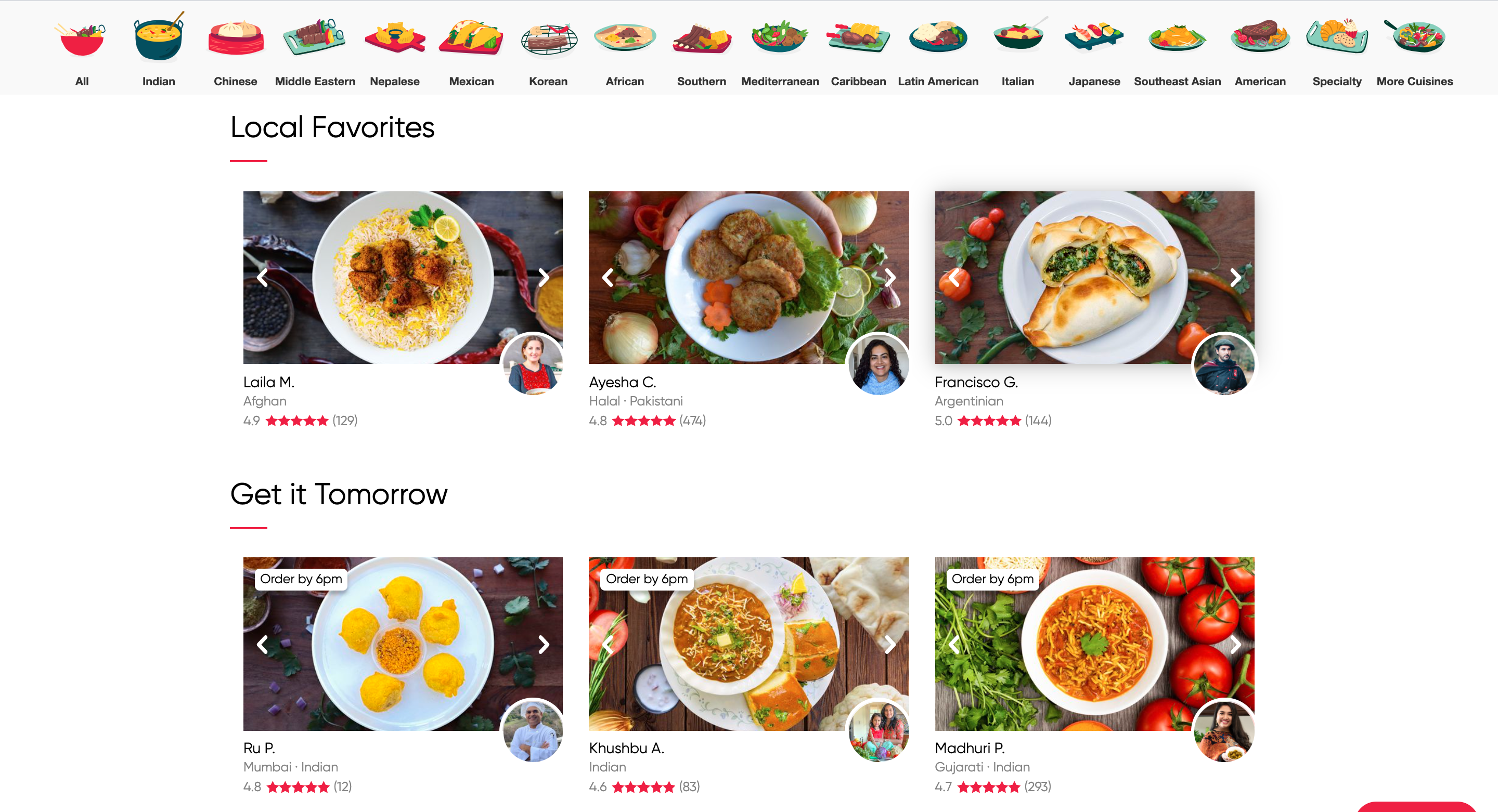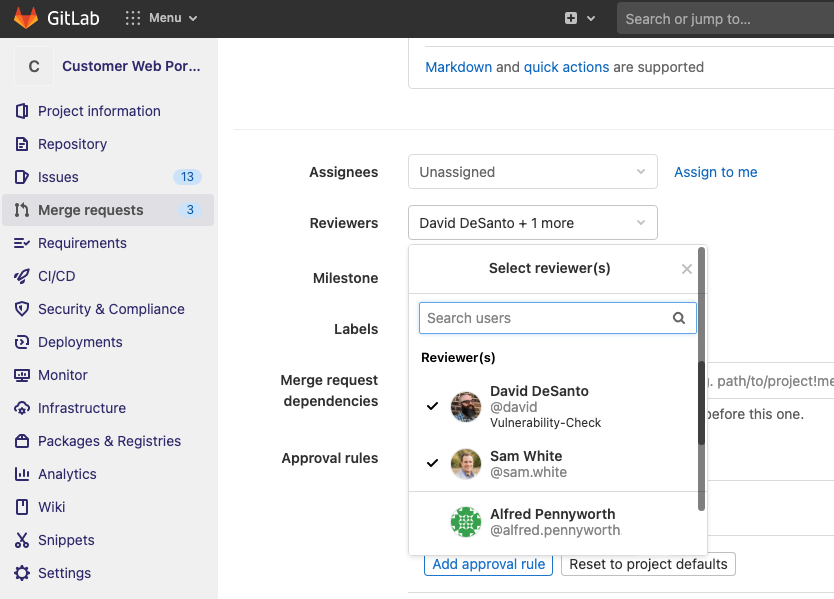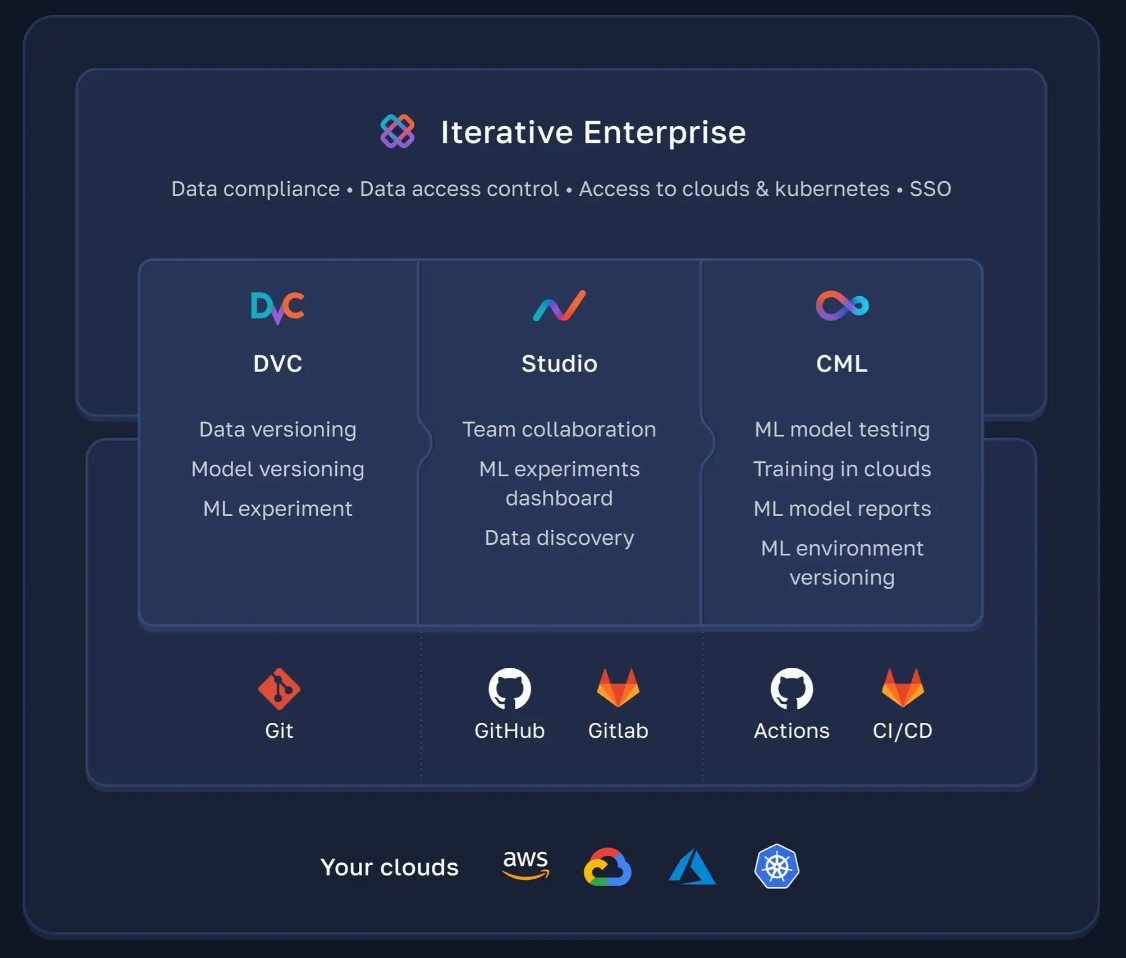News: Facebook doubles down on business tools with WhatsApp API updates, Login Connect for Messenger and more
WhatsApp now has more than 2 billion users globally, and by comparison its efforts to cultivate more business usage have been quite modest: just over 175 million people message with WhatsApp Business accounts daily for things like customer support or to discuss products. Today, as part of its F8 event, Facebook is unveiling some updates
WhatsApp now has more than 2 billion users globally, and by comparison its efforts to cultivate more business usage have been quite modest: just over 175 million people message with WhatsApp Business accounts daily for things like customer support or to discuss products. Today, as part of its F8 event, Facebook is unveiling some updates to the WhatsApp API to expand that experience.
The news comes on the heels of Facebook unveiling the general availability of Messenger API for Instagram earlier today, and forms part of a bigger series of announcements aimed at doing business more easily on the platform.
More generally, Facebook and its many apps are at their heart very consumer services — they are used by billions of people to keep in touch with each other, for diversion, and to stay informed about whatever matters to them.
But Facebook the business has been gradually building out a very extensive and lucrative commercial infrastructure around that engaged audience, one that started with advertising but has extended deeper into marketing, customer service, workplace productivity, and shopping.
The F8 conference, hatched originally as a hackathon, had grown into a very big event. This year’s installment is a significantly more toned down affair than in recent years — no big crowds (it’s all virtual), no big product and hardware announcements (it doesn’t appear that there are any… so far), and it feels more like a Zoom conference — and today’s news about business-oriented developer tools not only resets the event back around its original developer focus, but it also bolsters that commercial strategy.
With WhatsApp for Business it appears that one of the sticking points has been time — from setting up WhatsApp for Business in the first place to responding to different kinds of messages. This is what Facebook is now addressing.
First, it’s speeding up the time it takes to set up a WhatsApp business account to five minutes (versus what it described as weeks in the past).
Then, Facebook is making it easier to use the Business account once it is set up. For starters, businesses will be able to respond faster to inbound messages (which previously were “difficult to follow up with customers outside of a 24-hour window”), and they can now send out messages to those who have opted in, for example around stock availability.
Businesses using the tool for customer care, meanwhile, will be given the option to create up to 10 pre-written messages to speed up their responses, and they can also set up reply buttons to provide pre-populated, popular replies from customers.
In addition to the WhatsApp news, Facebook is also adding another tool to Messenger to expand its: Facebook Login Connect.
Essentially, if a business has integrated Facebook Login, it will allow users to log into their app or website using their Facebook credentials, and then carry on a conversation with the company over Messenger.
This is useful not just because it also means that a user can keep track of any conversations from one place, but it gives the company access to the tools that it has built to carry out conversations in Messenger already, whether those are chatbots or links through to other CRM databases. Facebook said that tests of the service indicate that 70% of users opt in to use the Login Connect tool, indicating that they’re willing to use their Facebook credentials in this way.
This is a closed beta now but will be more widely available in coming months, Facebook said.
Finally, Facebook is launching a new feature in its Business Suite — a platform that can be used by businesses to manage activity across Facebook, Instagram and Messenger — that will let developers build “Business Apps.”
These are not apps in the app store sense, but tools made by third parties (developers) to work alongside the Facebook-built Business Suite, further integrating Facebook tools into businesses’ sites and apps, and also bringing more of a businesses’ content — for example items from a catalog — into their Facebook Page, or Instagram account, and so on. The platform already has some 90 developers working on it and it integrates with e-commerce platforms like Bigcommerce, Facebook said.







